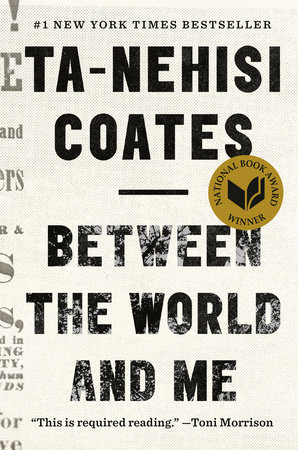Michael Lewis, The Fifth Risk, W.W. Norton & Company, 2018.
Kathy hadn't taken her brother seriously. You really think they're going to hire an oceanographer? A girl????
A few weeks later she ran across the call for astronauts again, this time in a science journal. They really did seem to want women scientists. And she sensed that she might be the sort of woman they were looking for. "I never brought normal girl books home from the library," she recalled. "I was fascinated by maps and the stories they told." She was handy, too, and quick to figure out how things worked. [p. 137]
COMMENT
Kathy Sullivan did become an astronaut. Then she joined the National Oceanic and Atmospheric Administration (NOAA) and figured out how to re-frame tornado warnings in order to get people to actually pay attention to tornado warnings and take cover. That is to say, her scientific work has saved the lives of many people.
She describes her own identity as a scientist in terms of library borrowing -- a scientist is someone who doesn't read "normal girl books." This comment relates to a previous post, What are We Teaching Boys when We Discourage Them from Reading Books about Girls? in which a librarian (who should know better) shames boys for reading a "girl's" book. Likewise, Sullivan must have felt some degree of adult disapproval for reading "boy's" books. Why else would she think that an interest in maps was not "normal" for girls? (I also happen to love maps)
The library offers a valuable kind of anonymity. A child with a library card can take a book off the shelf and take it home to read without ever asking for anyone else's permission. This freedom for kids to chose what to read, even if adults or other kids don't like it, is mentioned over and over in library stories as a formative experience in the search for identity.


